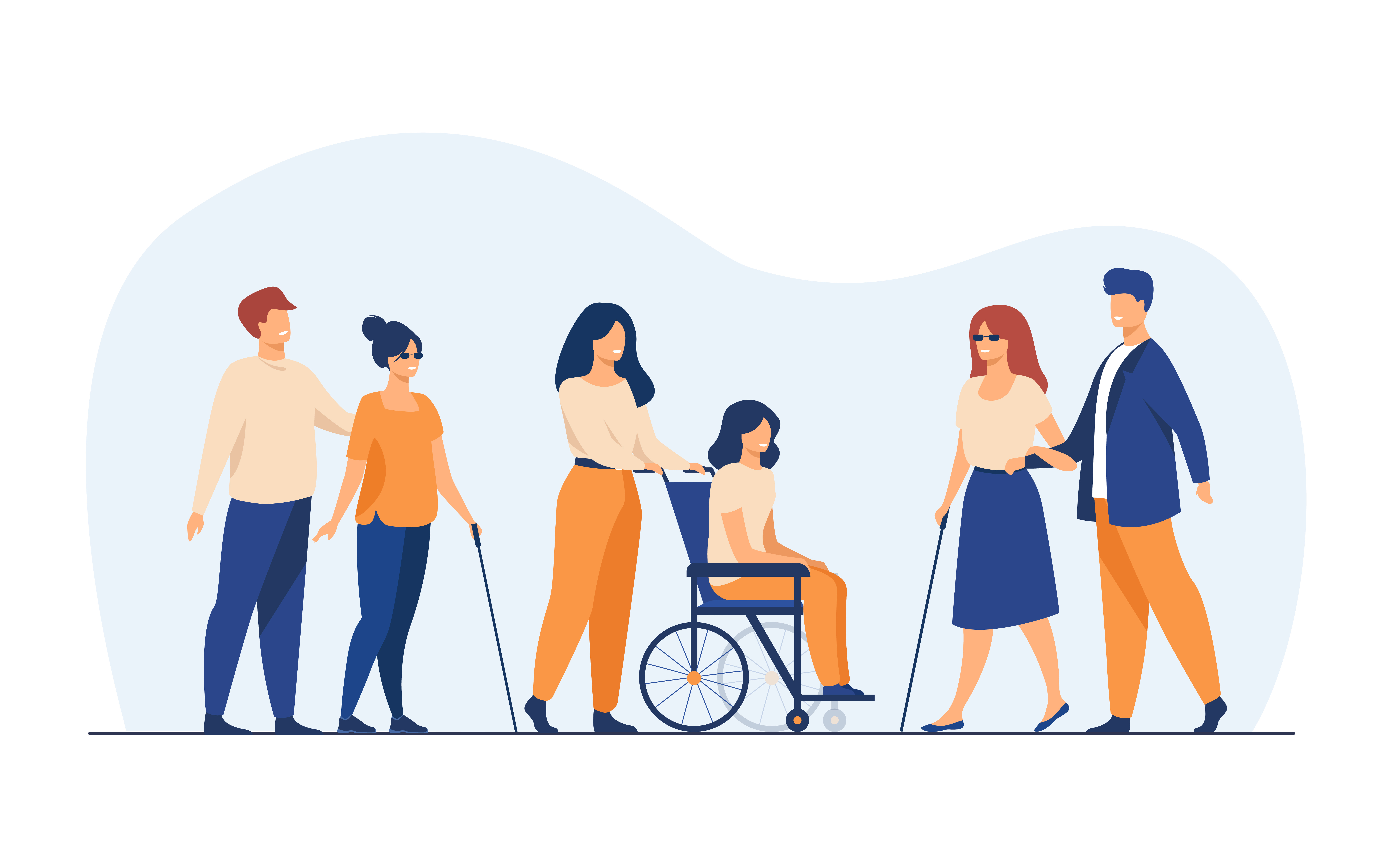Will I Lose My Disability If I Work Part-Time?
For many people living with a disability, financial stability depends on monthly support from Social Security programs and state benefits. At the same time, part-time work can offer added income, structure, and autonomy. That’s why the question will I lose my disability if I work part-time feels so urgent. The short answer: it depends on which program you’re on (SSDI or SSI), how much you earn, and how consistently you work. Below is a clear, step-by-step guide to help you plan safely.
Two Programs, Two Sets of Rules
In the United States, most disability cash benefits come from one of two Social Security programs:
- SSDI (Social Security Disability Insurance): Based on your work history and disability status. You qualified by paying Social Security taxes.
- SSI (Supplemental Security Income): A need-based program for people with limited income/resources, regardless of work history.
Understanding which program you receive is the first and most important step before taking a job.
SSDI: Substantial Gainful Activity and Safety Nets
SSDI centers on whether you’re engaging in “substantial gainful activity” (SGA). If your average monthly earnings are below the SGA level for your category (non-blind vs. blind), you generally keep SSDI. If you consistently exceed SGA after using the program’s work incentives, your SSDI can stop.
- Trial Work Period (TWP): Up to 9 service months within a rolling 60-month window where you can test working and keep full SSDI, even if earnings are high during those months.
- Extended Period of Eligibility (EPE): After TWP, a 36-month window where any month you earn over SGA your check may stop; if earnings drop below SGA, checks can restart without a new application.
- Expedited Reinstatement: If benefits ended due to work and you stop working or your earnings fall, you can request quick reinstatement within a set period without filing a brand-new claim.
SSI: Earnings Reduce the Check, Not Your Eligibility (Usually)
SSI is need-based. Earnings reduce your payment using a formula rather than cutting you off outright. Typically, the first small portion of income is disregarded, and then roughly half of the remainder reduces your monthly SSI. You may keep some SSI and associated Medicaid while working part-time, as long as your countable income and resources stay within program limits.
Quick Comparison: SSDI vs. SSI and Part-Time Work
| Program | How Part-Time Work Affects You | What Usually Triggers Loss of Cash Benefits |
|---|---|---|
| SSDI | Earnings compared to SGA; robust work incentives (TWP, EPE, expedited reinstatement). | Consistently earning over SGA after TWP/EPE. |
| SSI | Payment reduced by a formula as earnings rise; Medicaid often continues. | Total countable income/resources exceeding SSI limits. |
Planning Tips to Protect Your Benefits
- Verify your program: Confirm whether you’re on SSDI, SSI, or both (concurrent).
- Track income monthly: Keep pay stubs and a simple spreadsheet to watch averages.
- Report earnings promptly: Report within program timelines to avoid overpayments.
- Use work incentives: SSDI’s TWP/EPE can safely “test” employment; SSI has exclusions that cushion reductions.
- Document accommodations: Keep notes on supports you use; they can matter during reviews.
- Consult local experts: A benefits planner or legal aid can tailor advice to your state.
Examples
Case A (SSDI): Jordan works 12–15 hours/week at a museum gift shop. Monthly earnings sit below SGA, so SSDI continues. If hours rise, Jordan can first use TWP months to test increased capacity without immediate risk to checks.
Case B (SSI): Priya tutors part-time and earns a modest amount. Her SSI check is reduced by the formula, but she still keeps partial SSI and Medicaid, which together leave her better off than with SSI alone.
Health Coverage
Don’t overlook healthcare. SSDI recipients typically qualify for Medicare after a waiting period; SSI recipients generally have Medicaid. Even when cash checks pause due to work, extended eligibilities or state rules can keep health coverage — a crucial factor when deciding hours and wages.
Bottom Line
The question will I lose my disability if I work part-time doesn’t have a one-size-fits-all answer. If you receive SSDI, staying under SGA and leveraging TWP/EPE usually preserves benefits. On SSI, expect a reduced check — not an automatic cutoff — as earnings rise, provided you remain within limits. With careful reporting and planning, many people work part-time and maintain essential supports.
